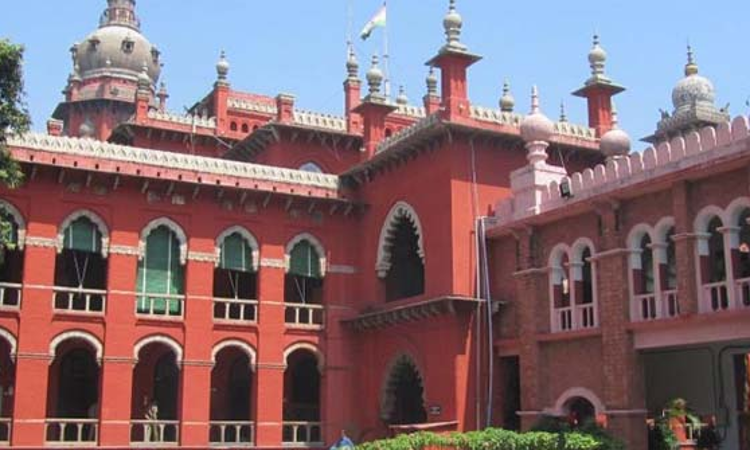Madras High Court has reiterated that Section 482 of Code of Criminal Procedure is not an alternate remedy to Section 156(3) of Cr.P.C on refusal of police to register First Information Report on receipt of information regarding the commission of a Cognizable Case.Justice G.K.Ilanthiraiyan has re-iterated the principles stated by a Division Bench of Madras High Court in Crl.O.P.(MD)No.13681...

